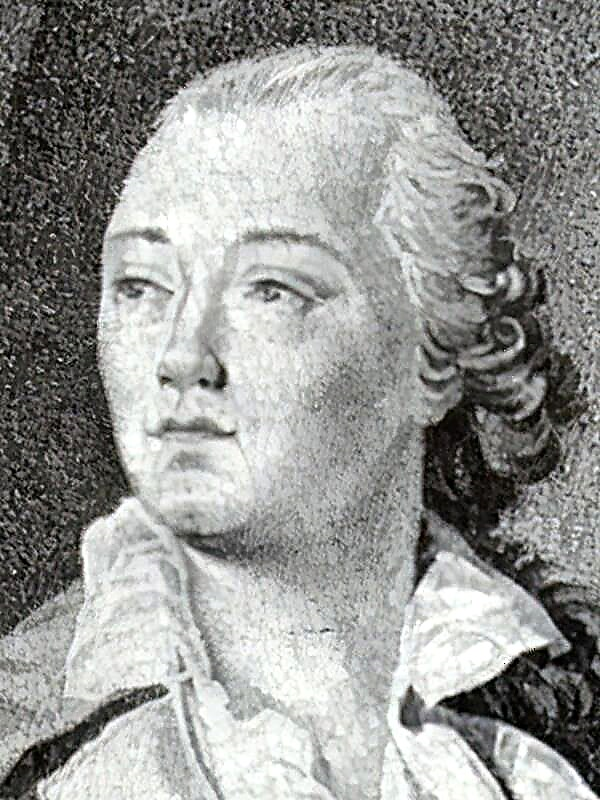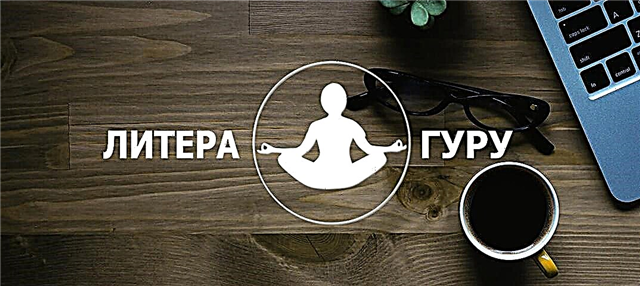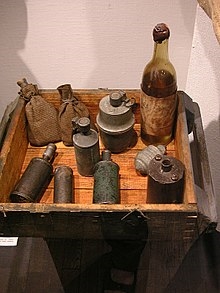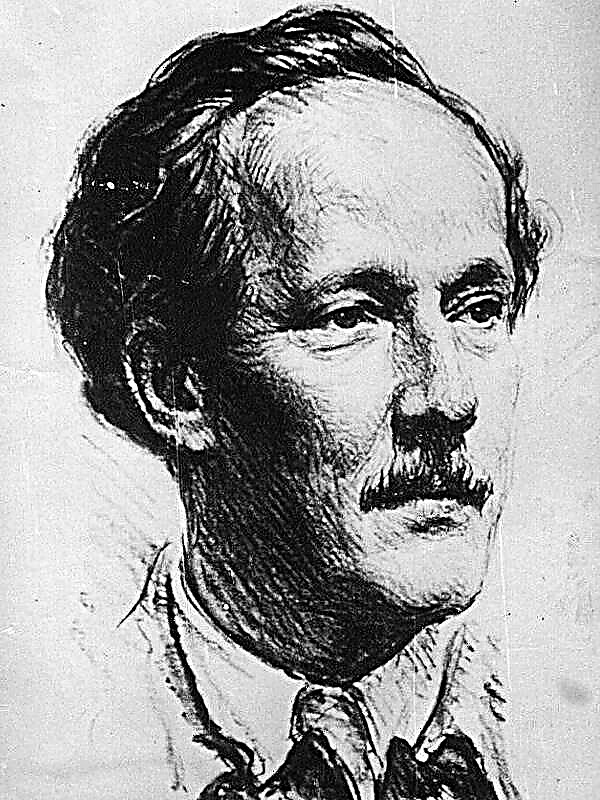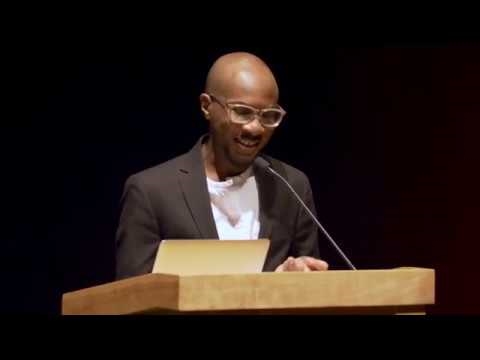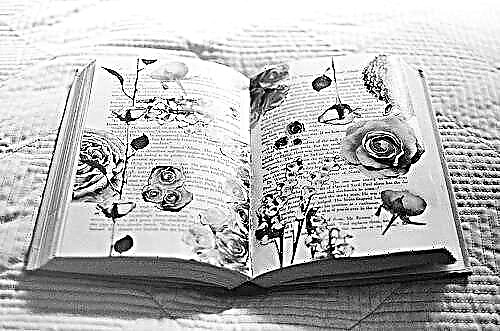In the Volyn province, not far from the city of Khlebno, over the winding river stands the village of Lozishchi. All its inhabitants bear the surname Lozinsky with the addition of various nicknames. There are legends that once the Lozinsky were Cossacks, had some privileges, but now all this has been forgotten.
Osip Lozinsky Ogloble, like everyone else, lived in Lozishchi no matter. He was married, but he still had no children, and Osip decided to look for his share in the wide world. After a year or two, his wife Katerina received a letter from America. Osip wrote that he works on a farm, lives well for him, called his wife to him and sent her a ticket for the ship and train.
Two Lozishans decide to go with Katerina. This is her brother Matvey Dyshlo and his friend Ivan Dyma. Matvey is a very strong guy, rustic and thoughtful. Ivan is not so strong, but mobile and sharp on the tongue. To be enough for the road, they sell their homes and land.
Having arrived at Hamburg, the Lozishchans want to catch the steamer together, but Matvey and Dyma have no tickets. Katerina leaves without them. Friends buy tickets for the next flight. On the way, they unsuccessfully try to find out what is “American freedom”, rumors of which have reached them back in their homeland. An elderly man, also a native of Ukraine, is dying on the ship. His daughter Anna remains an orphan. Matvey considers it his duty to help the unfortunate girl.
On the wharf, the Lozishans notice a compatriot - Mr. Bork, a Jew from the city of Dubno. Mr. Bork is pleased to meet his fellow countrymen. He takes them to New York, where he has something like an inn. Anna Bork arranges in the same room with his daughter Rosa. Anna learns that she and Rosa used to live in the same city, but Rosa’s family suffered from the pogroms, and Anna’s brother from the fact that he participated in the pogrom.
The Lozishans find out that they lost the address of Osip Oglobli They send letters at random. America disappoints friends, especially Matthew. He calls all her orders the creation of the devil. Matvey sees that even Jews in America are not so strict in their customs. Mr. Bork explains that America is grinding every man, and his faith is changing. This terrifies Matvey. And the Smoke is quickly mastered in a new situation and begins to seem to a friend completely alien. Ivan changes the Little Russian costume to the American one, cuts his Cossack mustache, finds out that you can earn money by selling his vote in the mayoral election. He persuades Matvey to engage in combat with the Irish boxer Paddy. With the help of a cunning trick, the Irishman defeats the strongman. Matvey is deeply offended by both his friend and America.
Once an elderly Russian lady comes to Bork. She needs a maid. She wants to hire a girl from Russia, because she believes that the Americans are too spoiled. Bork and his family do not advise Anna to get this job: the lady pays a little and makes a lot of work. But she does not adhere to the American, but to the Russian order, and therefore, according to Matthew, the service of this lady is the only salvation for Anna.
Anna concedes to Matthew's insistence. Mr. Bork's son John leads them to the lady. Her unceremonious words hurt John, and he leaves without waiting for Matthew. He rushes after, loses sight of John, does not remember the way back and wanders around the city until he loses all hope of finding a familiar place or face. He cannot ask for directions: he does not know a word in English. Matvey’s exotic clothing attracts the attention of a newspaper reporter who sketches the “savage”.
In the park, where Matvey settles down for the night, a stranger approaches him. But, since Matvey is a man “without a tongue,” conversation does not work. In the morning, Matvey is sleeping on a bench, and his recent interlocutor is hanging from one of the neighboring trees.
The park begins a rally of unemployed. The crowd notices the poor man hanging himself, she is excited about this event. Speaker Charlie Gompers, the famous speaker of the labor union. Passions run high. Matvey, not understanding a word, feels a sense of joyful unity with the crowd. While pushing to the podium, he meets policeman Hopkins, whom he had already seen the day before. Matvey wants to pay homage to Hopkins by kissing his hand. The policeman thinks that the savage intends to bite him, and uses a club. The furious Matvey throws him away, pushes the policemen away, and other protesters rush after him. They break into the square, and at some point the situation becomes uncontrollable. Soon, order is restored.
The next day, all the newspapers are full of reports of the "savage who killed the Hopkins cop." Later, however, it turns out that Hopkins is alive.
The smoke after the disappearance of Matvey is depressed, but he is found by Osip Ogloblea, to whom the letter nevertheless reached. Osip takes Smoke to himself.
And Matvey’s comrades at the rally immediately after the incident decide that he needs to hide. He is dressed in an American dress and, as Matthew repeats the word "Minnesota" (Osip Oglobl lives there), he is put on a train going to Minnesota. In the same train, the judge of the city of Dabltown Dickinson and the Russian emigrant Yevgeny Nilov, who works at his sawmill, are traveling. Silent Matvey is suspicious of Dickinson.
Matvey gets off the train at Dblightstone. Soon, once again discovering Matvey’s criminal intent to “bite” the policeman’s hand, the offender was taken to the courtroom. Of course, they cannot get a word from him until Nilov comes. With his appearance, everything is explained: nationality, the name of the stranger, and the fact that he does not bite. The inhabitants of Dabletone are happy that the mystery of the famous savage is safely resolved precisely in their city. Nilov leads his countryman to himself. Enthusiastic Debletons escorted them to the very door of the house.
Matvey recognizes in Nilov a young gentleman who lived near the Vines, gave way to the disputed lands and disappeared somewhere. Matvey begins to work with him. Nilov is going to leave: here he yearns for his homeland, and in his homeland - for freedom. Matvey also wants to leave. Nilov asks what Matvey wanted to find in America. Gets the answer: wealth, family. Nilov advises Matvey not to rush to leave: you can get all of this here too. Eugene introduces Matvey to the cars, arranges him to work as an instructor in a Jewish colony, and he leaves.
Anna is still working with an old lady in New York. Two years have passed since her arrival. Suddenly Matvey arrives. He wants to take Anna to his house and marry her. The girl agrees. She refuses service, and the lady again remains without a servant.
Before leaving New York, Matvey and Anna go to the pier. Now Matvey seems to have everything he dreamed about. The return already seems impossible to him, and yet his soul yearns for something.

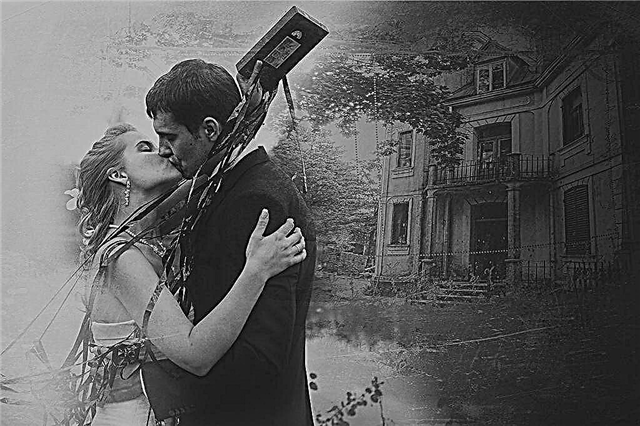
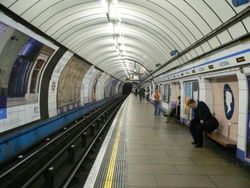
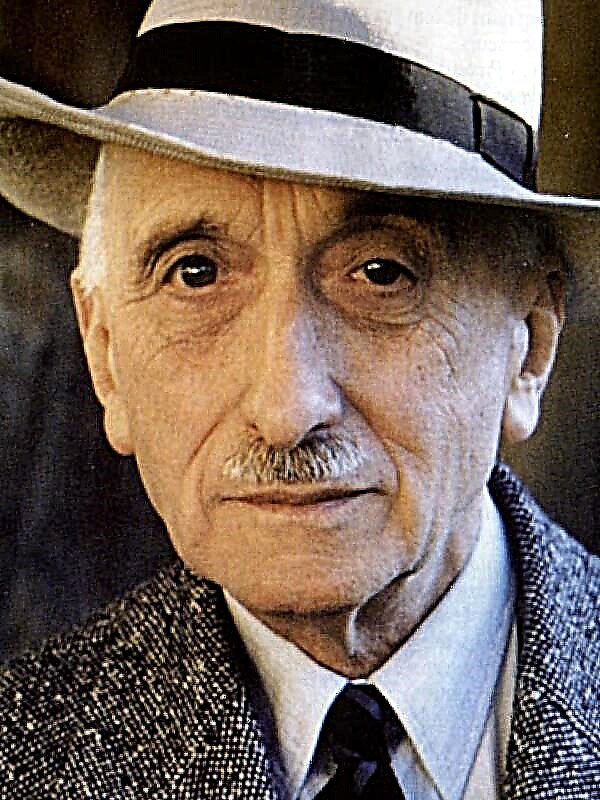
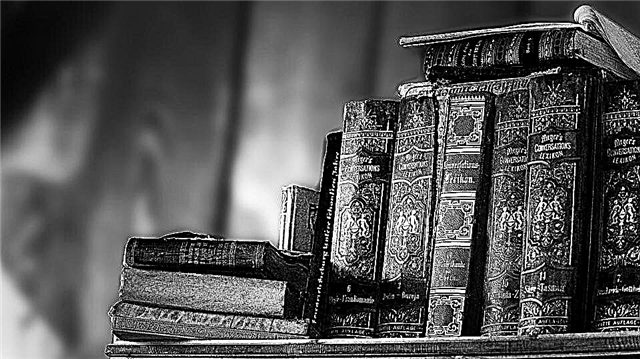
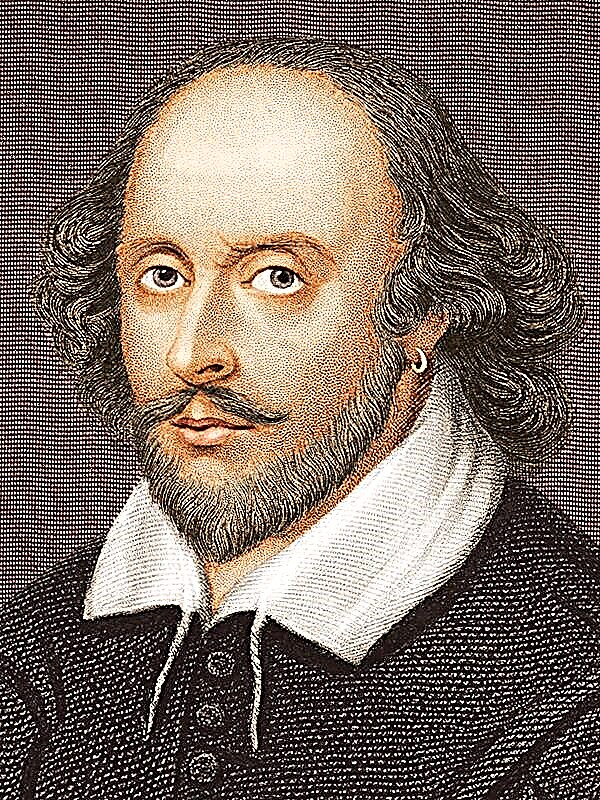 twelfth Night
twelfth Night
